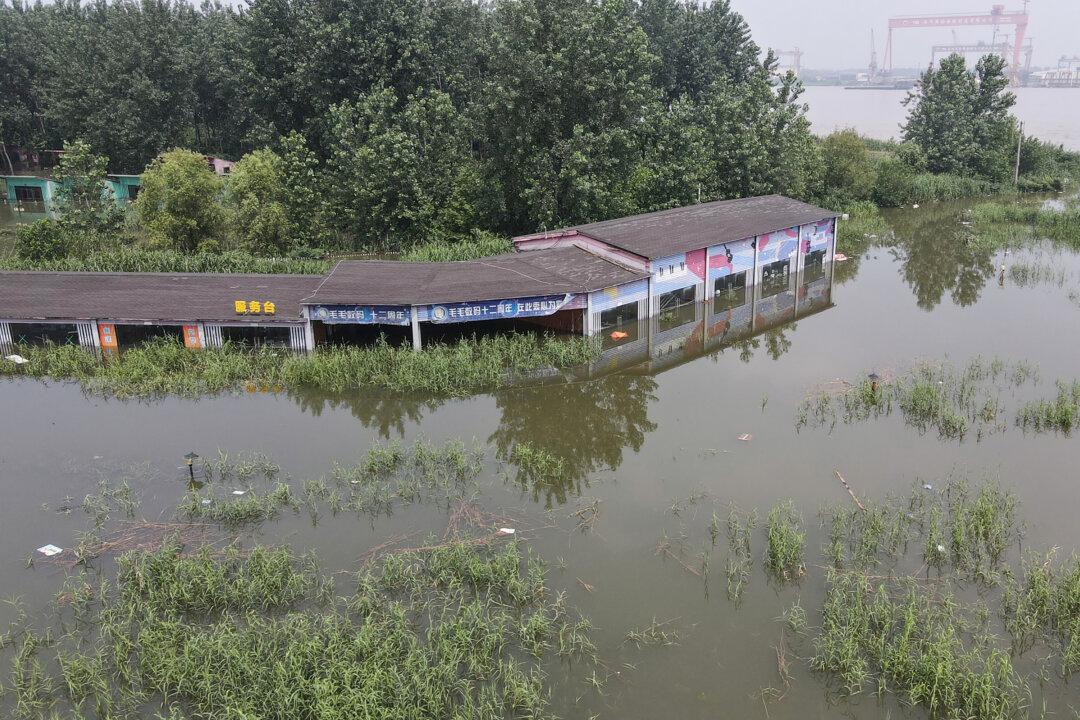As hundreds of millions are impacted by historic flooding in China, the Communist Party leadership’s noticeable absence drew the attention of citizens and China analysts.
Chinese leader Xi Jinping did not show up in public for 21 days until July 21, when he hosted an economic seminar in Beijing.





